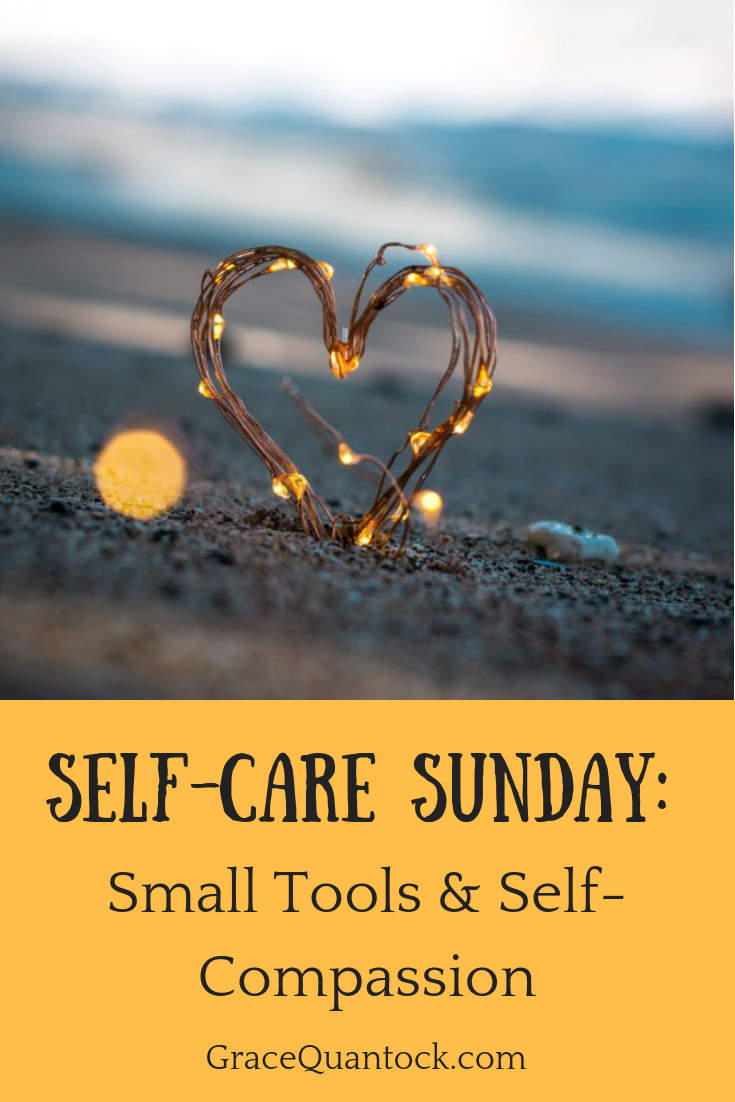When You’re First Diagnosed: What I Didn’t Know Then That Can Help You Now (Part 1)
 1. Your doctor isn’t in charge. You are.
1. Your doctor isn’t in charge. You are.
When newly diagnosed, you may feel very alone. Not only are you in physical and/or emotional pain, but something you have relied on all your life – your precious body, the very essence of you – isn’t working as it once did. Suddenly, you’re thrown into a whole new world of tests, scans, appointments and opinions. You want someone to tell you what’s going on, why it’s going on and exactly how it can be fixed. Now, please.
It’s a natural reaction. But it doesn’t make things easier, because your doctor isn’t in charge of your healing – you are.
This may seem strange when you can’t even manage your own body (and all its new, wayward symptoms), but your doctor is only one member of your healing team.
The bad news: depending on your diagnosis, there may not be any one person who can completely “fix” you. And, for better or worse, as intimidating as it may be, you are the boss.
The good news: you are the boss (double edged sword, that!) which is powerful stuff. You get to pick the best doctor/health care practitioner. You decide what treatment options to take and what changes to make, based on their expert advice.
It’s a shift from feeling abandoned by a health care system you imagined would swing into gear and save you, to feeling empowered and seeking out the best options for your healing. You call the shots, darling.
2. First opinions are not the be all, end all. Ever.
If I’d listened to many of the first opinions I’ve been given, I wouldn’t be here today. I certainly wouldn’t be as happy or as well. I’m not suggesting you go hunting for a doctor who will complacently tell you what you want to hear, rather, I strongly recommend searching for the health professionals who are right for you. Who will provide you with the fullest information and understanding possible to forge your best healing path.
3. Not all support groups are created equal.
Oh, how I wish I’d figured this out years ago. For some reason (likely my steadfast and irrational optimism), I imagined support groups filled with reasonable, lovely people; kind, compassionate, and offering unconditional love and solidarity. Surprise! I found in- fighting, bullying, politics, prejudice, competition and a great deal of determined misery.
All groups have their own personalities; be mindful that some may be facilitated by people whose ideals do not mesh with yours. Poorly moderated groups can be rife with divisiveness and friction.
In support groups for people with “invisible disabilities” (fibromyalgia, myalgic encephalopathy, migraines, endometriosis and the like), I was often disappointed by the focus on “proving” the devastation these illnesses wrought, and combating negative public perceptions of them. I felt excluded and criticized, even judged for “hurting the cause” by striving – and succeeding – to live well with my illness. These groups didn’t work for me. And not all groups will be your cup of tea either. That’s ok. Don’t give up! Somewhere, there’s a support system that is right for unique and phenomenal you. Keep looking….and while you’re at it, check out the Trail Blazers’ Cafe here. It may just be a perfect fit 😉
Thanks and see you online!
Part 2 of When You’re First Diagnosed: What I Didn’t Know Then That Can Help You Now will be here next week! In the meantime, learn how to take charge of your healing and blaze your own wellness trail by signing up for a weekly dose of wellness inspiration and my free How To Turn Trail Blazer mini-guide!
Photo Credit: Lori Greig via Compfight cc





